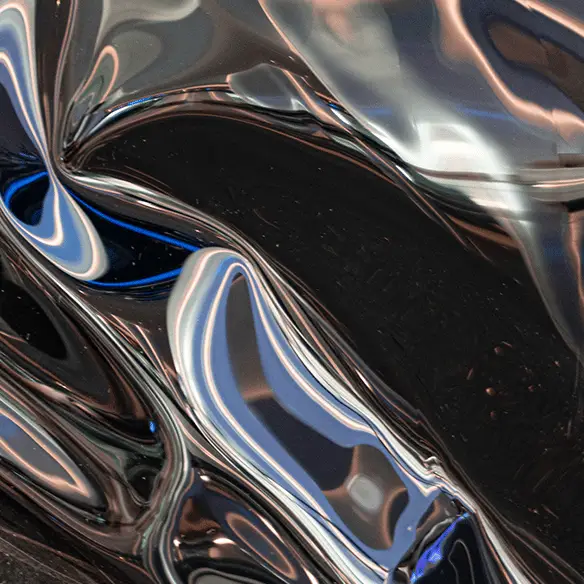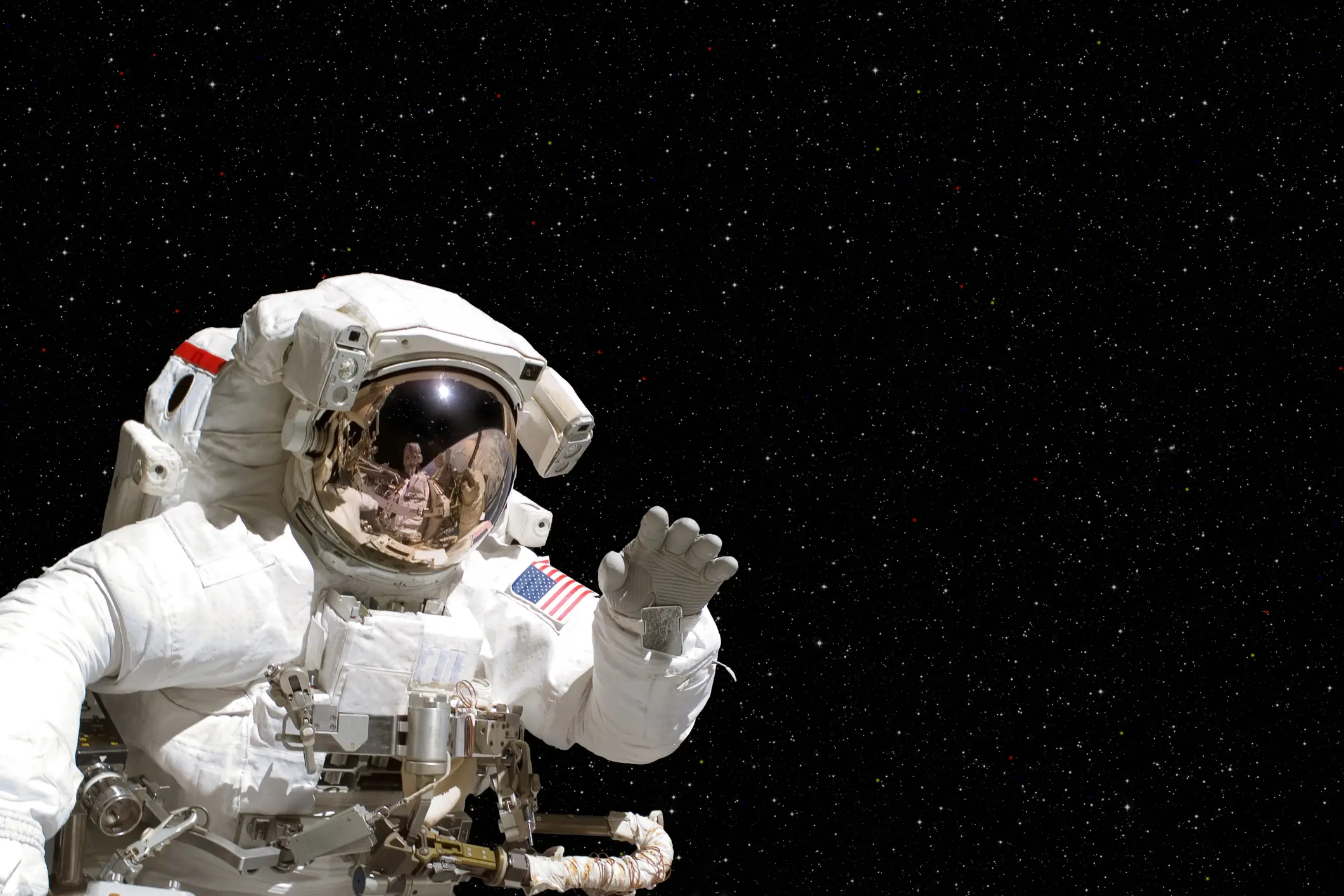
Space is a mysterious place, there's no two ways about it.
That's why scientists tirelessly work to understand its complexities a bit better - whether through detailed astronomical observations or experiments.
Some of these might seem quite basic, but it's important to understand exactly how things will react to space before we risk using them in any ships, shuttles, satellites or anything else.
So, for example, experts spent a long time working out how metal changes when it's in space - particularly crucial when it's what most shuttles are made out of.
Advert

While you might think that the pure and empty vacuum of space would be a relatively sterile and safe place for metal to simply exist with the risk of rust or corrosion, you might be forgetting one key thing - it's ridiculously cold.
Space has been measured at -270.45 degrees Celsius, an unbelievably freezing environment, so we need to choose metals that will stay stable all the way down at that temperature (or lower).
We also need to account for the risk of what's called cold welding. This is when the extreme cold of the environment causes two pieces of metal to fuse together when they're brought very close to each other.
In some completely controlled cases, this might mean that you can hold two plates of metal together in space and they'll fuse on an atomic level, effectively becoming one.
However, it's often messier than this and the slightly different factors playing into a situation can mean that some parts get cold welded while others are flimsier.
Either way, an unwanted cold welding incident could very well spell disaster on a space mission - no one wants the airlock door, for example, to suddenly become fused shut.
In fact, there have been real-world incidents because of cold welding - as reported by the European Space Agency, the Galileo spacecraft that visited Jupiter in the 1990s wasn't able to deploy its high-gain antenna because of cold welding fusing parts of it shut.

That didn't kill the whole mission, thanks to a smaller backup antenna that did deploy successfully, but it wasn't able to harvest as much data as hoped for.
Plus, it's simple to imagine how this sort of malfunction could have more terminal results for a mission, particularly if humans are involved.
So, cold welding is something that space agencies have to think about all the time - and the more you know, the safer you'll be.